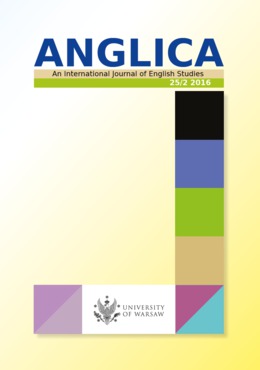Lying and the Relevance-Theoretic Explicit/Implicit Distinction
Lying and the Relevance-Theoretic Explicit/Implicit Distinction
Author(s): Marta Kisielewska-KrysiukSubject(s): Language studies, Language and Literature Studies, Applied Linguistics
Published by: Instytut Anglistyki Uniwersytetu Warszawskiego
Keywords: verbal communication; Relevance;implicature;explicit-implicit; cognitive;
Summary/Abstract: The focus of the paper is on lying in verbal communication. The main aim of the paper is to examine the act of lying with reference to the explicit/implicit distinction in the cognitive, relevance-theoretic, model of utterance comprehension (cf. Sperber and Wilson [1986] 1995; 2004; Wilson and Sperber 2002; 2012), which rejected the maxim of truthfulness for the sake of the Principle of Relevance. The paper views lying in the context of interpersonal communication, as a pragmatic act and a linguistic strategy intentionally employed by the speaker to manipulate the hearer’s interpretation of an utterance. Since encoded linguistic meaning (logical form) falls far short of determining the proposition expressed by an utterance (explicature) and its implicatures, there is a potential for a liar to achieve his/her goal by influencing the interpretation process at different stages of pragmatic enrichment. Accordingly, an attempt is made in the paper to categorize lies by placing them along the explicit-implicit continuum, depending on the type of pragmatic task that is to lead the hearer to a false belief.
Journal: ANGLICA - An International Journal of English Studies
- Issue Year: 25/2016
- Issue No: 2
- Page Range: 73-86
- Page Count: 14
- Language: English

